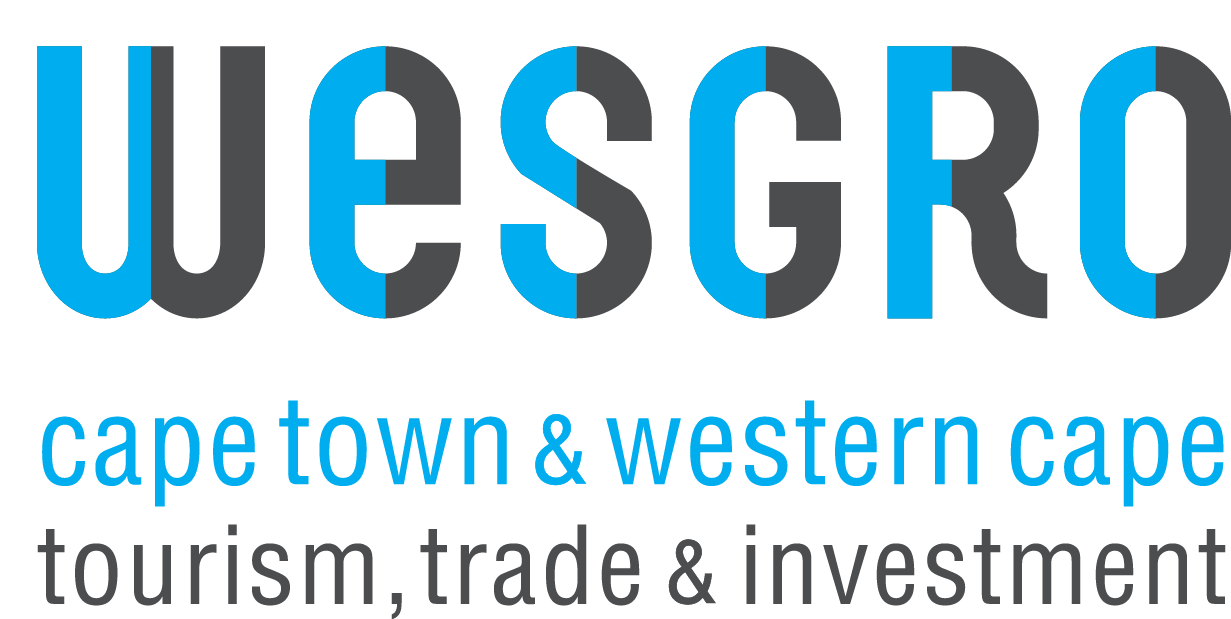Boatbuilding and Auxiliary Services
The South African boatbuilding industry is worth more than R1-billion annually and has major potential for the industry to add to the country’s economy. The Western Cape is the production hub of the South African boatbuilding industry. Of the eight commercial ports all offering facilities for ship or boat repair and maintenance in South Africa, three are based in the Western Cape (Saldanha Bay, Cape Town and Mossel Bay).
Reasons to Buy From Cape Town and The Western Cape
- Overview
- Why Cape Town and the Western Cape
The South African boatbuilding industry is worth more than R1-billion annually. It has significant potential for the industry to add to the country’s economy. The Western Cape is the production hub of the South African boatbuilding industry. Of the eight commercial ports offering facilities for ship or boat repair and maintenance in South Africa, three are based in the Western Cape (Saldanha Bay, Cape Town, and Mossel Bay).
South Africa enjoys a reputation for good quality and customisation, as well as competitive labour costs relative to developed-world manufacturers – a significant competitive advantage in labour-intensive processes like hull construction.
The South African boatbuilding industry specialises in the manufacturing of multihull catamarans and is the world’s second largest producer of these boats – 95% of all locally built boats are destined for the export market. As far as the repair and refurbishment market is concerned, it is estimated that only 5% of the vessels and drilling rigs that dock in South African ports annually are serviced by the local sector.
The Western Cape is home to the largest marine manufacturing centre in the country, cementing itself as the hub of the South African boatbuilding industry. While most operations are located in and around Cape Town, the boatyards provide much-needed employment in smaller towns such as St Helena Bay, Saldanha Bay, Atlantis, Kommetjie, Simon’s Town, Swellendam, George, and Knysna.
The dominant firms are large ship-repair and heavy-engineering companies, which directly service oilfield clients. Second-tier companies include smaller engineering and fabrication shops, and specialist equipment suppliers. Some companies are focused exclusively on the oil and gas sector, while others serve a range of industries.
Cape Town is well-positioned geographically to become a service hub for the West African oil industry.
- Overview
- Why Cape Town and the Western Cape
The South African boatbuilding industry is worth more than R1-billion annually. It has significant potential for the industry to add to the country’s economy. The Western Cape is the production hub of the South African boatbuilding industry. Of the eight commercial ports offering facilities for ship or boat repair and maintenance in South Africa, three are based in the Western Cape (Saldanha Bay, Cape Town, and Mossel Bay).
South Africa enjoys a reputation for good quality and customisation, as well as competitive labour costs relative to developed-world manufacturers – a significant competitive advantage in labour-intensive processes like hull construction.
The South African boatbuilding industry specialises in the manufacturing of multihull catamarans and is the world’s second largest producer of these boats – 95% of all locally built boats are destined for the export market. As far as the repair and refurbishment market is concerned, it is estimated that only 5% of the vessels and drilling rigs that dock in South African ports annually are serviced by the local sector.
The Western Cape is home to the largest marine manufacturing centre in the country, cementing itself as the hub of the South African boatbuilding industry. While most operations are located in and around Cape Town, the boatyards provide much-needed employment in smaller towns such as St Helena Bay, Saldanha Bay, Atlantis, Kommetjie, Simon’s Town, Swellendam, George, and Knysna.
The dominant firms are large ship-repair and heavy-engineering companies, which directly service oilfield clients. Second-tier companies include smaller engineering and fabrication shops, and specialist equipment suppliers. Some companies are focused exclusively on the oil and gas sector, while others serve a range of industries.
Cape Town is well-positioned geographically to become a service hub for the West African oil industry.



